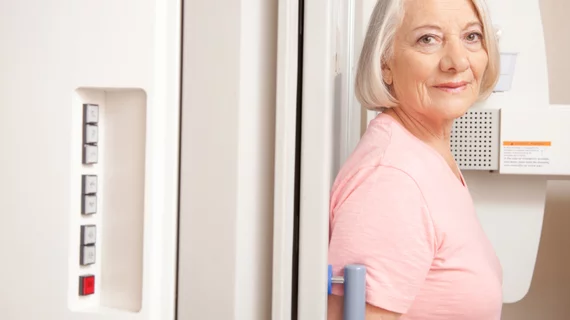New spending bill would delay USPSTF breast cancer screening guidelines another year
House Democrats introduced legislation on April 29 that would delay the implementation of breast cancer screening recommendations first published by the U.S. Preventive Services Task Force (USPSTF) in 2009 for another full year.
The USPSTF recommendations have been delayed by various pieces of legislation since they were first finalized and are currently scheduled to go into effect on Jan. 1, 2021. If this legislation—a 2020 federal spending bill that increases discretionary funding by $11.7 billion—were to be signed into law, the delay would continue until Jan. 1, 2022.
The push to delay implementation comes because the USPSTF recommendations gave mammograms for women ages 40 to 49 and annual mammograms for women ages 50 to 74 a “C” grade, meaning private insurers would not be required by the Affordable Care Act to cover those exams.
The legislation would also include $99 billion for HHS, an increase of $8.5 billion compared to 2019 levels, and $4.1 billion for the National Institutes of Health, up $2 billion from the previous year.
“Through billions in smart, increased investments, our bill will help people across the country at every stage of their life,” Rep. Rosa DeLauro, chairwoman of the House Appropriations Subcommittee on Labor, Health and Human Services, Education, and Related Agencies, said in a prepared statement. “I look forward to passing it into law.”
The House Appropriations Subcommittee on Labor, Health and Human Services, Education, and Related Agencies approved the spending bill on April 30. Much of the bill is seen as a rejection of policies prioritized by President Trump.
The American College of Radiology’s own assessment of the draft legislation is available here.

